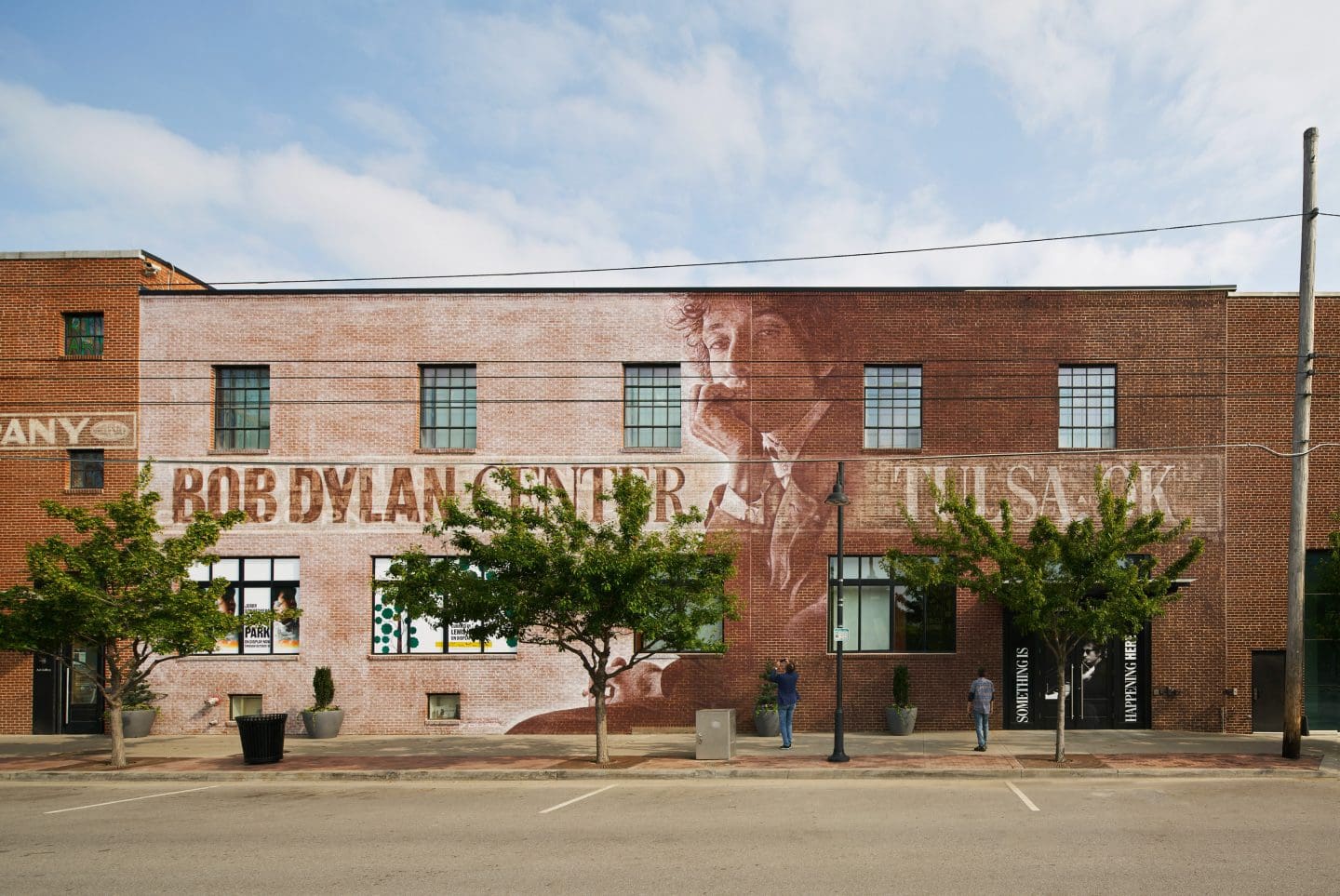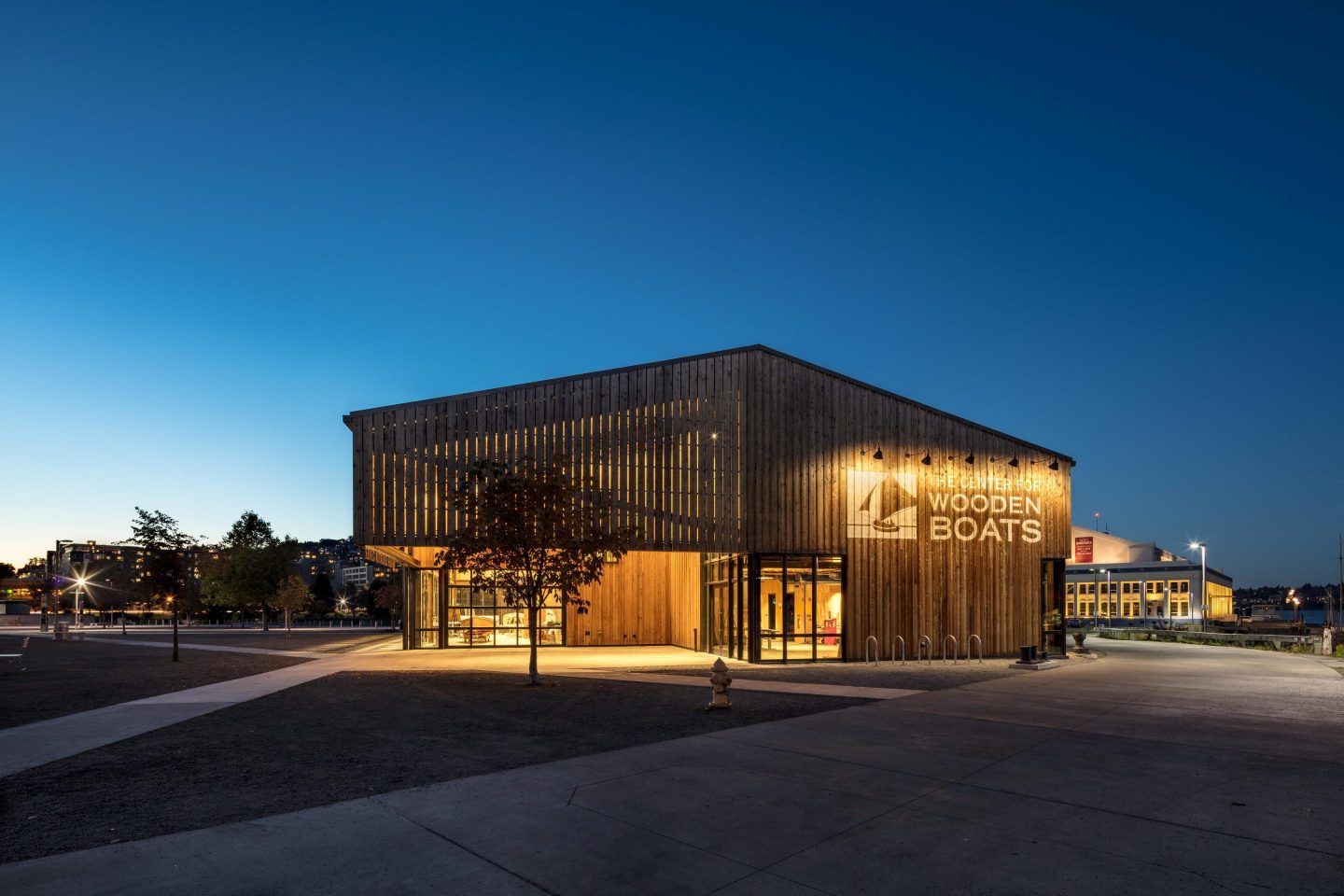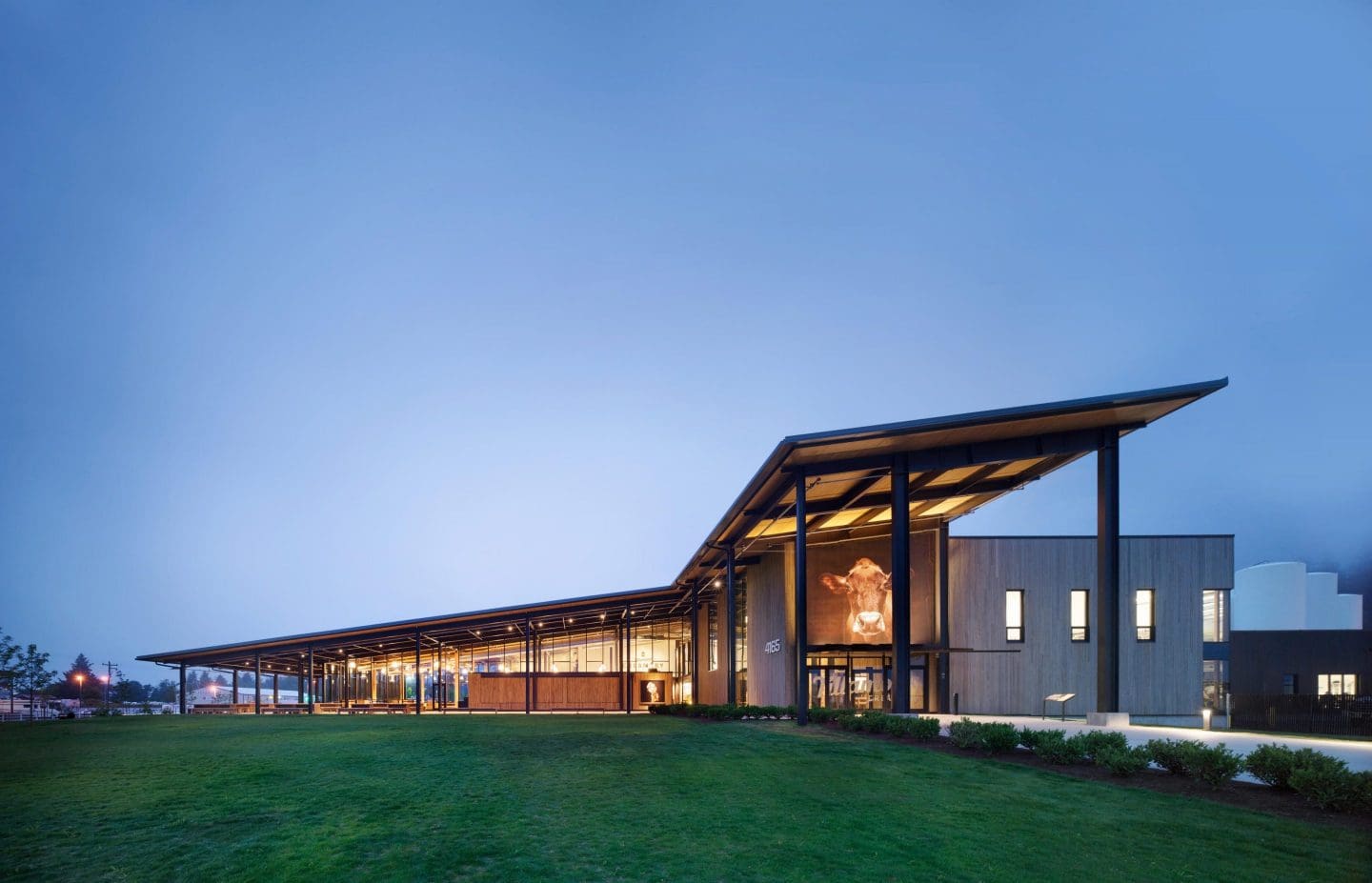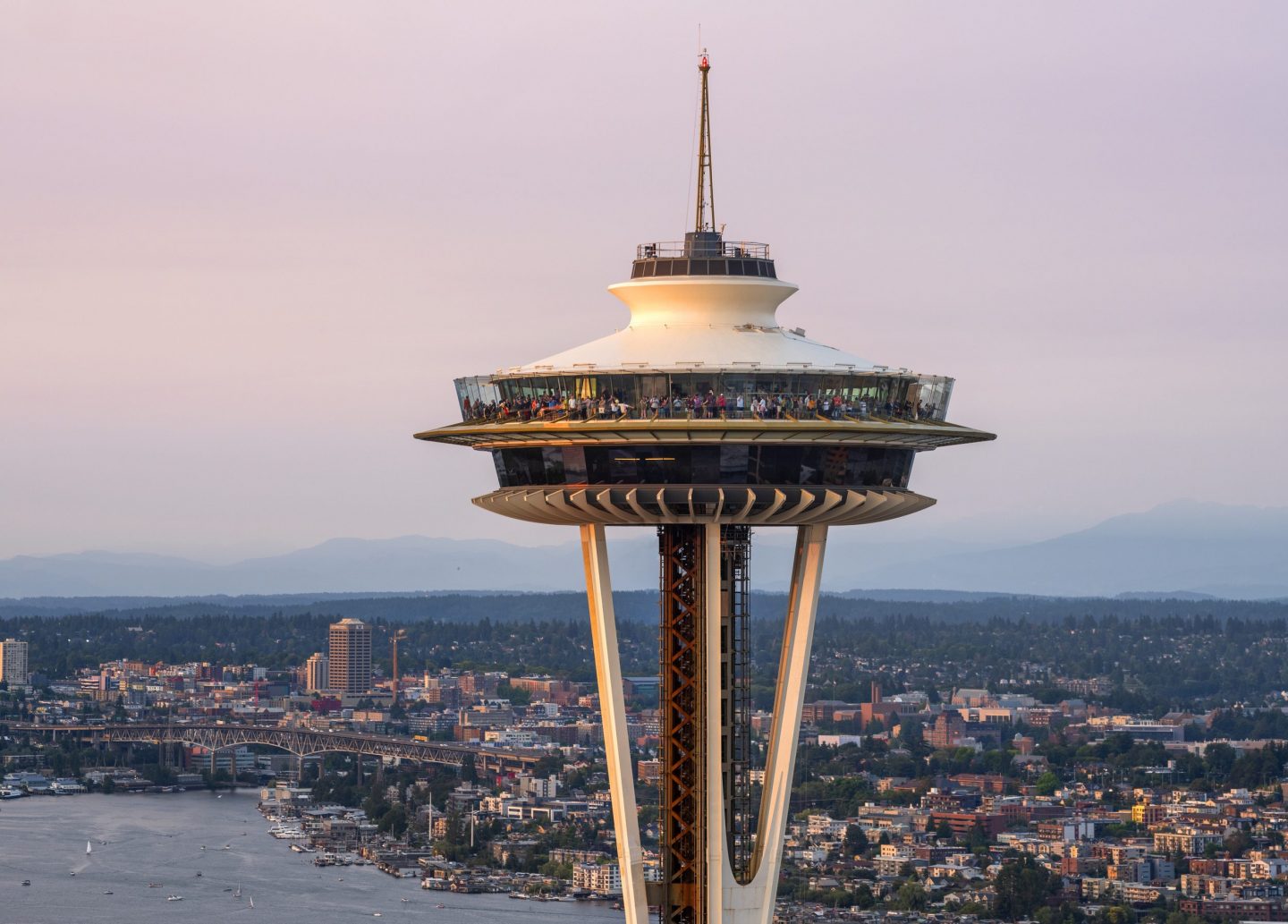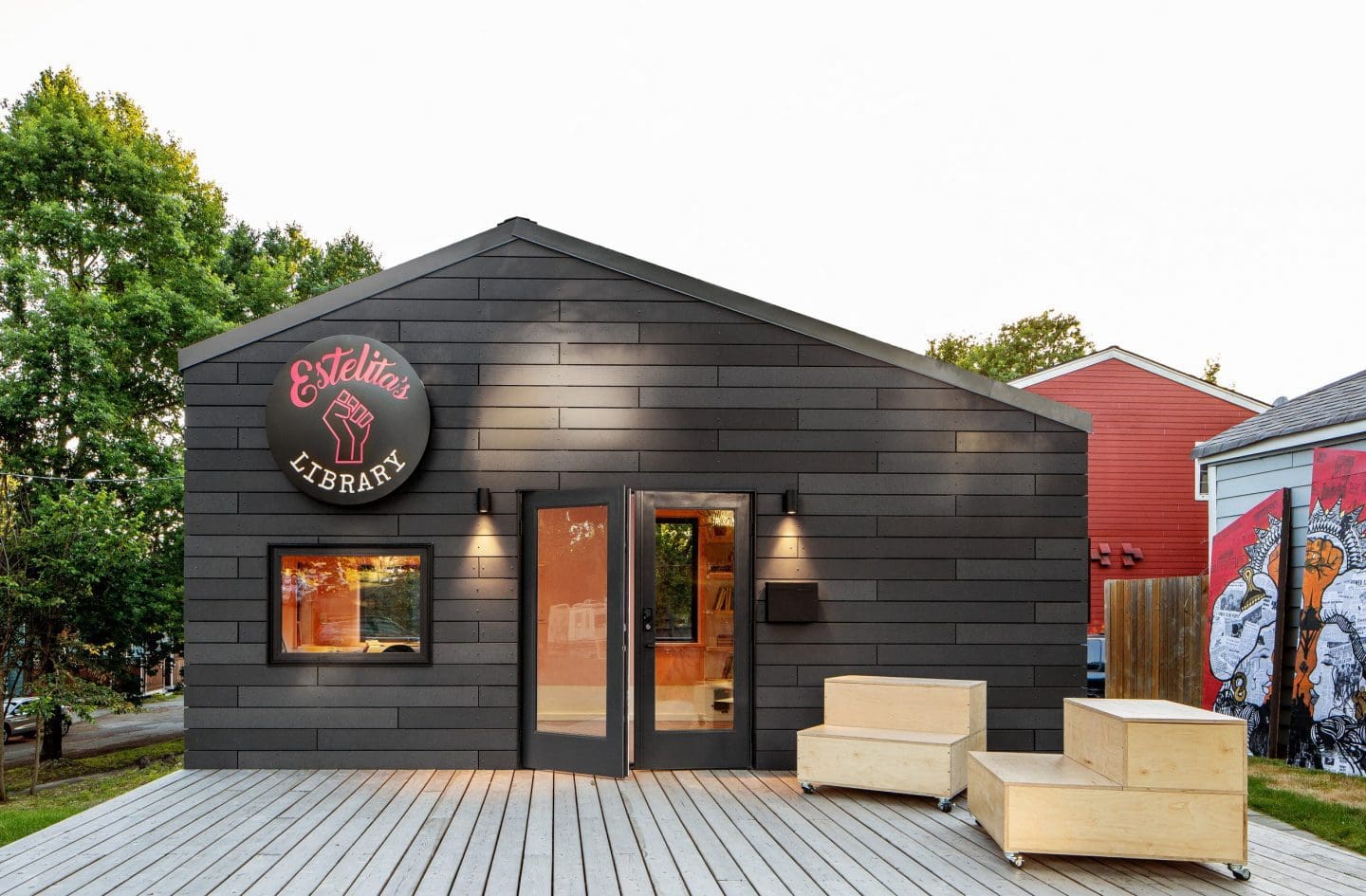Mushroom Farm at [storefront] Olson Kundig
Seattle, Washington
-
Director
Alan Maskin
Installed at [storefront], Mushroom Farm invited visitors to consider the far-reaching impacts of one seemingly simple lifestyle choice—purchasing a cup of coffee—as a nexus for sustainable awareness, community-building, and a model for future urban agricultural practice. While most coffee grounds enter a traditional waste stream after a barista pulls a shot, Mushroom Farm re-purposed them into a growing medium for oyster mushrooms.
The space itself was divided into two parts: the front half contained the 12-foot by 16-foot mushroom growing tent, while the back half accommodated a 20-foot-long table made from reclaimed timbers for gatherings, lectures and lunches. Made from reclaimed plywood that would have otherwise ended up in a landfill, the ribs of the structure also functioned as shelves that held 215 mushroom growing bags. The structure was wrapped with a layer of heat-sensitive plastic sheeting; after the quick application of a torch, the plastic became taut, creating a cocoon-like form through which visitors can walk.
Olson Kundig and CityLab7, a Seattle-based group of collaborators who received grants from Invoking the Pause to explore issues related to climate change around the subject of food, worked closely to develop the concept for the installation.
Team
-
Director
-
Installation Coordinators
Gabriela Denise Frank
Awards
2013
AIGA (re)design awards, AIGA (re)design Award (Mushroom Farm)
![photo of Mushroom Farm at [storefront] Olson Kundig](https://olsonkundig.com/wp-content/uploads/2015/05/11_store_06_Mushroom_Farm_KS_N37-2160x1438.jpg)
![photo of Mushroom Farm at [storefront] Olson Kundig](https://olsonkundig.com/wp-content/uploads/2015/05/10_store_06_Mushroom_Farm_KS_N45-1440x1028.jpg)
![photo of Mushroom Farm at [storefront] Olson Kundig](https://olsonkundig.com/wp-content/uploads/2015/05/07_store_06_N44.jpg)
![photo of Mushroom Farm at [storefront] Olson Kundig](https://olsonkundig.com/wp-content/uploads/2015/05/05_store_06_storefront_mushroom_farm_JI_N7.jpg)
![photo of Mushroom Farm at [storefront] Olson Kundig](https://olsonkundig.com/wp-content/uploads/2015/05/06_store_06_storefront_mushroom_farm_JI_N8.jpg)
![photo of Mushroom Farm at [storefront] Olson Kundig](https://olsonkundig.com/wp-content/uploads/2015/05/09_store_06_storefront_mushroom_farm_JI_N2.jpg)
![photo of Mushroom Farm at [storefront] Olson Kundig](https://olsonkundig.com/wp-content/uploads/2015/05/03_store_06_N40.jpg)
![photo of Mushroom Farm at [storefront] Olson Kundig](https://olsonkundig.com/wp-content/uploads/2015/05/02_store_06_Mushroom_Farm_KS_N39-979x1440.jpg)
![photo of Mushroom Farm at [storefront] Olson Kundig](https://olsonkundig.com/wp-content/uploads/2015/05/01_store_06_Mushroom_Farm_KS_N33-1440x958.jpg)


